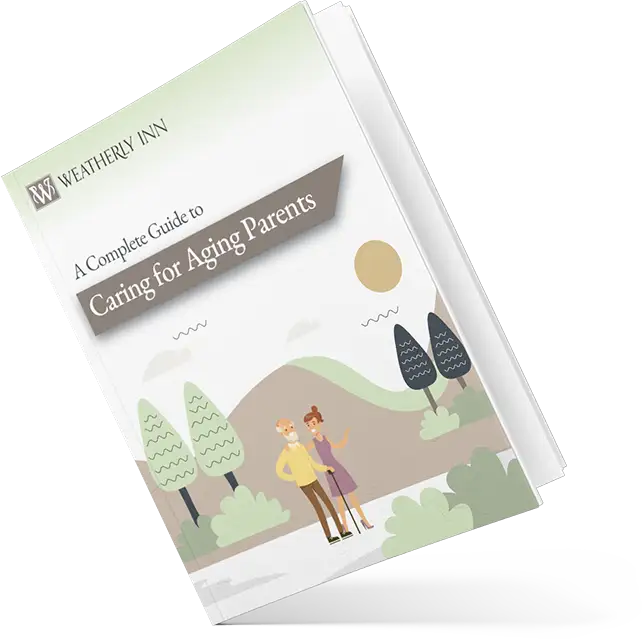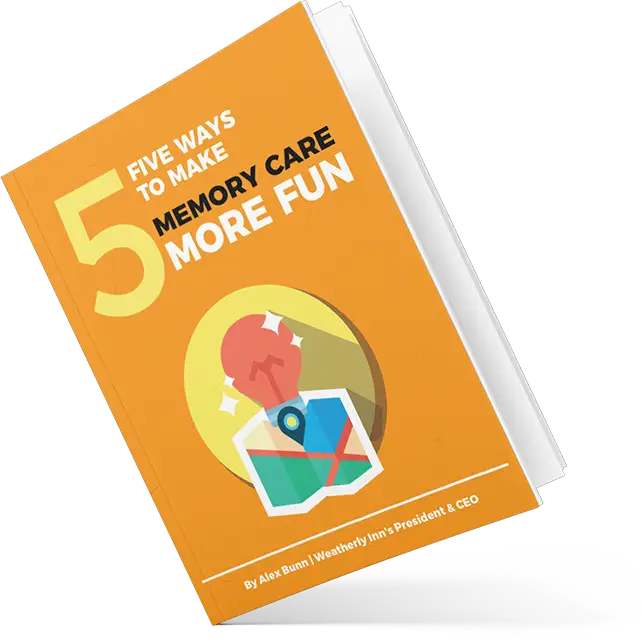September 5, 2019

One of the scariest things a person can learn is that their parent, grandparent, or other close person has dementia. The moment a diagnosis is made, it can feel as though the world turns upside down. You go from being confident in your ability to take care of them to wondering if they may need assisted living care. It is scary and confusing. You want to help but may feel inadequate. The truth is, you and other family members can help your loved one adjust to the changes that they are facing just by being there for them. For instance, when they start to lose focus or get overwhelmed by a situation, you can re-ground them. It will eliminate their stress and yours. The best way to do this is to learn about different conversation starters for seniors with dementia or memory loss.
10 Awesome Conversation Starters
When they seem confused, don’t stress over it. You can help them through it. Remember, most older adults or people living with dementia know that they are confused. They then may feel “lost” or scared, which can make it worse. Often, it may seem like a challenge to get them to move away from one-word answers and help them refocus. Don’t give up. You can ask other family members to help out if you need a break. You should also consider using these conversation starters to help them refocus their attention.
10. Ask About a Trip
You may mention that you took a recent business trip to New York City. Tell them a little about your trip. Then, ask if they have ever gone there. If they haven’t, ask about other trips that they may have taken. “Have you been on a business trip?” and “Where did you go?” If they give you short answers, encourage them to go into more detail and keep the conversation going.
9. Encourage Them to Talk About Their Favorite Things
If your dad loved woodworking, you may ask him to tell you about the first time he built a birdhouse. If your mom enjoyed baking, ask her what some of her favorite recipes were. Your grandpa may have bought his first car when he was 17. Ask him what it was, what he liked about it, etc. The topics are endless. You may talk about comic books, magazines, books, hobbies, sports, etc.
8. Family Memories
Ask whether they remember Aunt Sally’s wedding or their grandson’s 5th birthday party. Do they remember when all the kids played on the trampoline? That family vacation to the mountains? Talking about family members and friends will calm their confused mind and make them happier. If you need more ideas, you can bring out old photo albums. Ask questions about the people or places in the photos. Don’t press too hard. If they don’t know the person, try to find a name on the back of it.
7. Discuss Current Interests
Do they watch a lot of television? If so, ask about their favorite show. Do they enjoy watching the news or weather? You can ask about it. If they still mess around in their garden, talk about it. They will love bragging about their efforts and sharing their interests with you. You may also choose to talk about things that are going on in other family member’s lives.
6. Was Mom Your First Love?
Chances are good that you already know about your special person’s love stories. Though, you might not know as much as you believe. Asking again will be a fun walk down memory lane for them. They are days that no one would want to forget. Your parents and grandparents don’t want to forget either. Sometimes, they may even tell you things you do not already know. For instance, your dad may admit that your mom was their first love, but they did not like each other at first. Then they may tell you the story of how love finally came their way. Can you think of a better way to encourage healthy memory care than a memory of love?
5. Ask About Their Childhood
Most elderly feel that today’s children have it made. You can use this to your benefit since memory care is one of the biggest parts of taking care of an Alzheimer’s patient. Encourage them to remember what life was, back when…

Ask about their childhood. Some of the older generations were walking to school, caring for siblings, and working at a young age. You both can remember those early years in their life. It will bring them joy to remember. It will also allow you to know their story and how it shaped them into the person they are today.
4. Discuss Friends From the Past
They have likely had a few friends come and go in their life. Now is a great time for you to find out about it. You can find out if there is someone they wish they could see again. Did they part on good terms and simply lose touch? You could offer to try to find the person or arrange a reunion.
3. Take Up a New Hobby
If you really want to have a great conversation, ask about new projects they want to try. A new project can be anything that they want to do, as long as they can do it safely. Ideas may include going on nature walks, growing a rose bush or a flower garden, making bird feeders, or anything else. Once you agree on something to try, you can talk about it. If you actually do it together, your conversations can go much deeper. This is a great way to slow down Alzheimer’s disease because their mind and body will stay focused on new things.
2. Enjoy a Road Trip
The world has changed a lot since their younger years and Alzheimer’s disease may try to erase those memories. Family members are the best protection senior citizens have against forgetting the important things. Find out where they enjoyed visiting when they were younger and make plans to go on a road trip to see how it has changed. While riding along, have them talk about the “good ole days”. Their memories may surprise you.
1. Encourage Them to Speak Their Mind
One of the most fantastic things about our senior citizens is the way they view today’s world. From kids to politics and everything in between. They have an opinion. Most are not afraid to express it. Any question you can come up with to encourage them to speak their mind is a great thing. It will allow them to feel that their thoughts not only matter, but they matter to you.
On days when they are not confused, you may also want to talk about what they want for their lives in the future. Would they be happy living in a memory care community? By talking about the future and giving them a chance to talk about the important stuff, they will feel in control of their life. As a bonus, you get to know what their expectations are. Both you and your loved one need to feel in control of this situation that may seem out of control at times.
You may also explore The Conversation Project. This website is designed to help you come up with ideas on how to discuss “end of life care.” It is a tough talk to have but will put them in control of their own future needs.
Other Fun Activities to Consider
It may seem a little odd to think that a senior with dementia would enjoy games, but they do. There are many activities and games for dementia care. Even many physical therapy exercises are games and a senior citizen’s living community may include various activities. They involve activities that are centered around tossing, catching, and bouncing a ball.
When you are looking for fun activities for the elderly, you have to remember to keep it simple. Some of the best games and activities in assisted living communities include:
- Bingo Games
- Ball Toss
- Checkers
- Balloon Pop or Toss Games
- Coloring
- Painting
- Memory Card Games
- Simple Card Games
- Show and Tell
- And More Memory Care Activities
Stay Involved and Active
Your family is going through a lot. Ask any senior living specialist or doctor and they can tell you that the key to Alzheimer’s disease is going to involve a lot of you being there for them. It is a confusing and trying time for an entire family. Memory care has to become a top priority for you and your family.
It begins with the confirmation that your loved one is dealing with dementia. Most families suspect it before the diagnosis comes in, but this does not make it any easier to hear. It is a tough situation, but with a little planning, you will be prepared to help them. You can help them stay centered, even on stressful days. We hope you will consider the best conversation starters for seniors with dementia. They will enjoy it and you may learn a lot about them in the process.
The truth is, you are the assisted living care provider they need, but this does not mean you don’t need help. Caring for any dementia patient requires a great level of attention that sometimes even standard senior care communities or nursing homes cannot provide. If you still want to know about other ways that you can help your loved one, download our free ebook, “5 Ways to Make Memory Care More Fun.“



